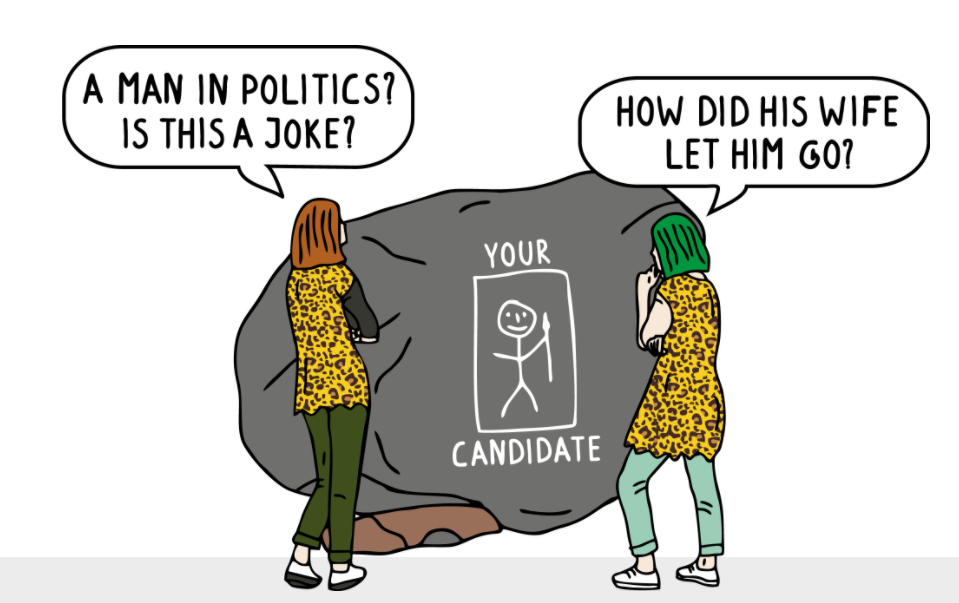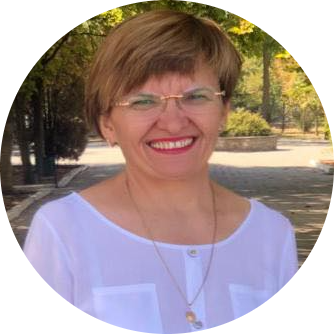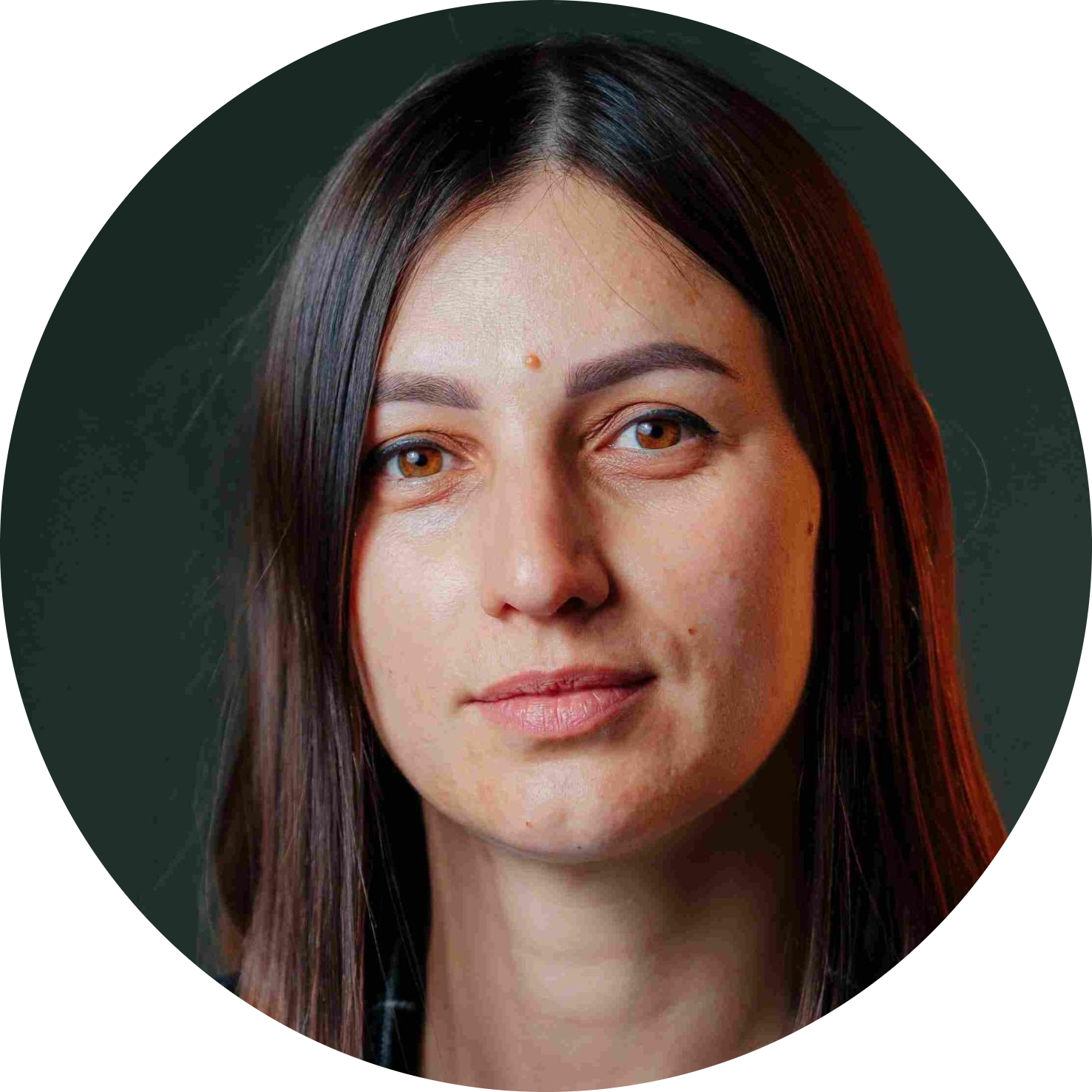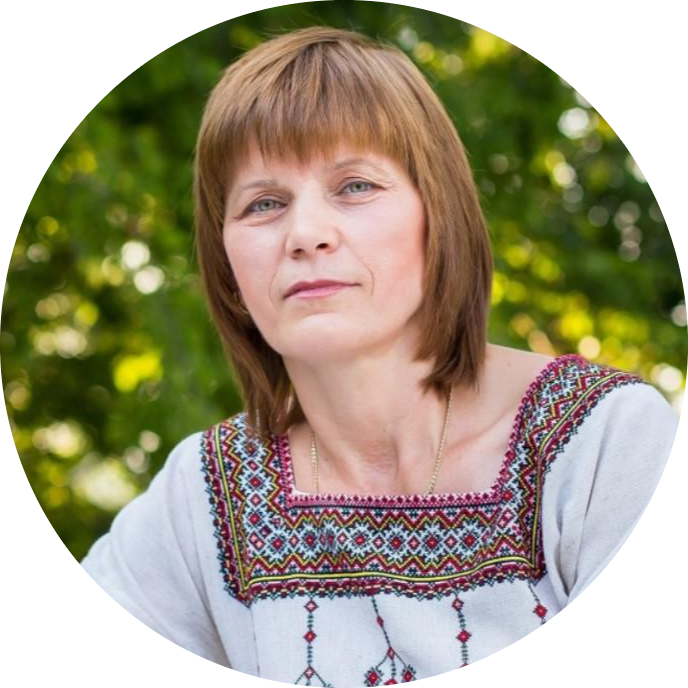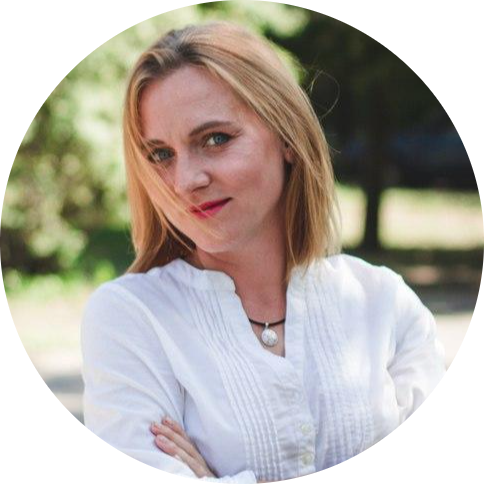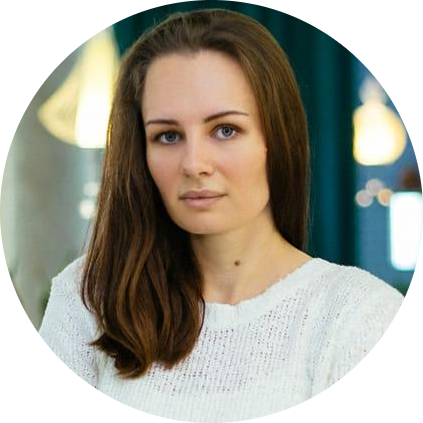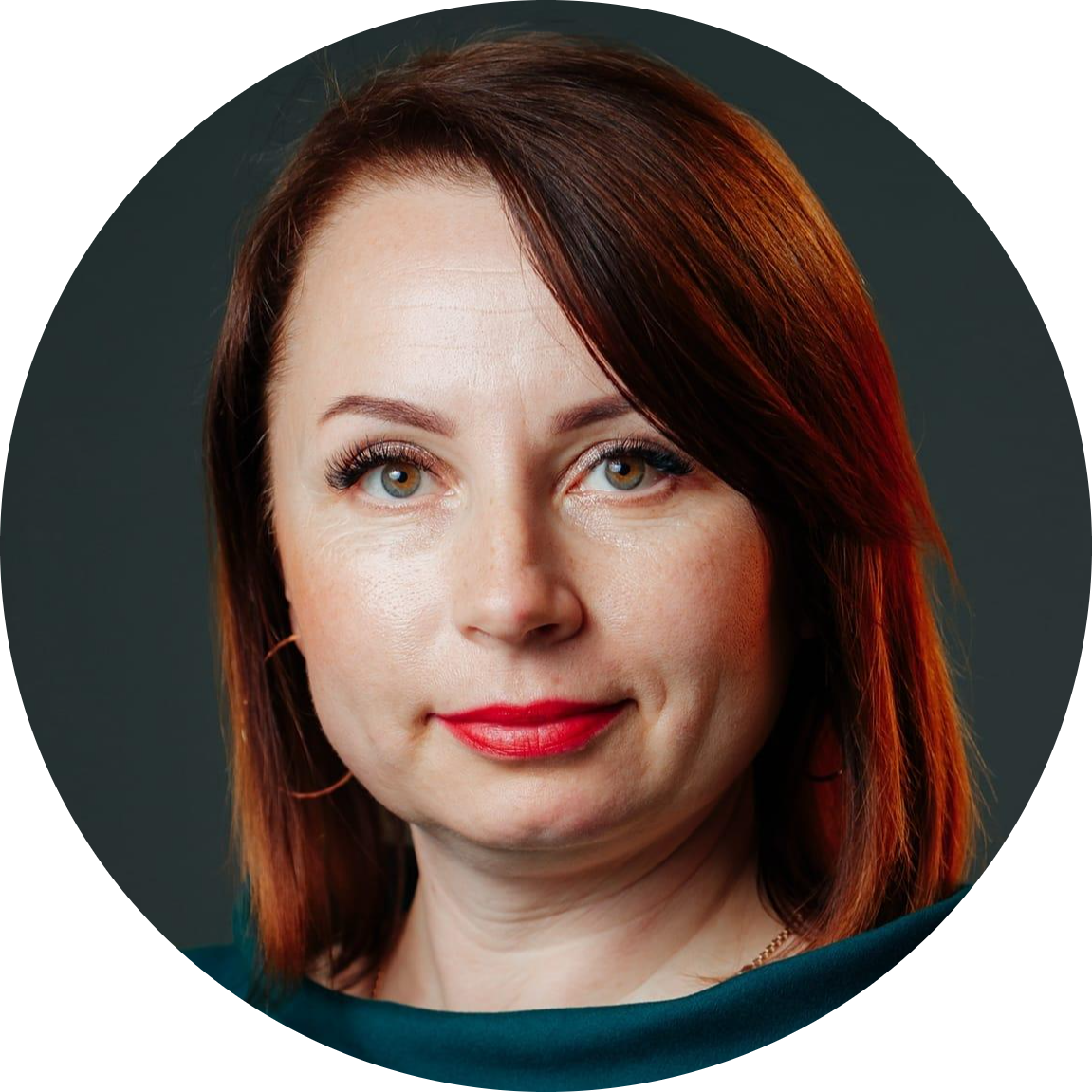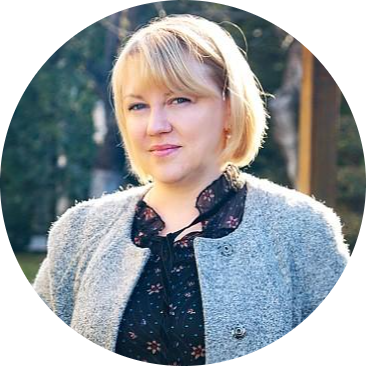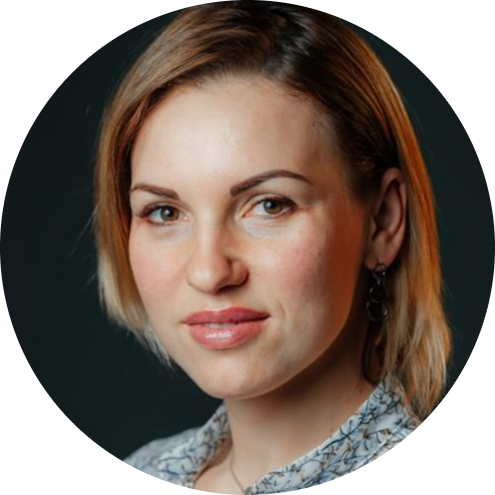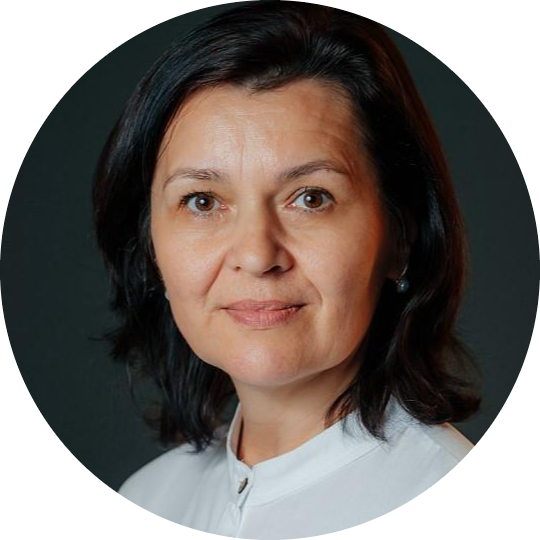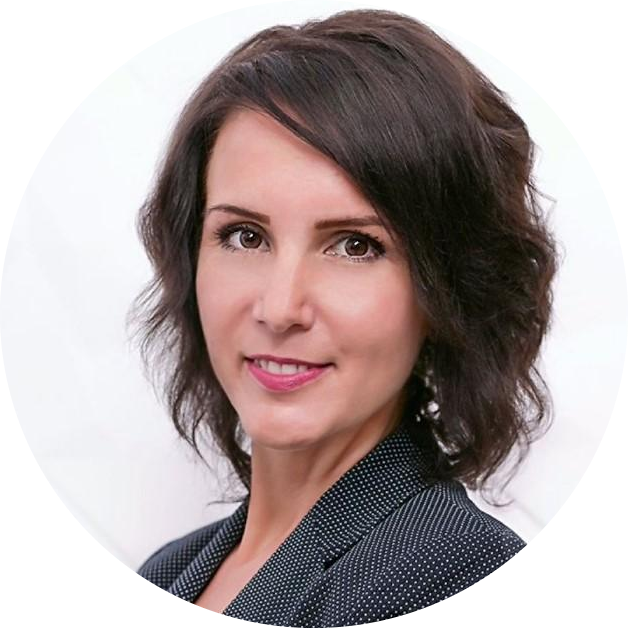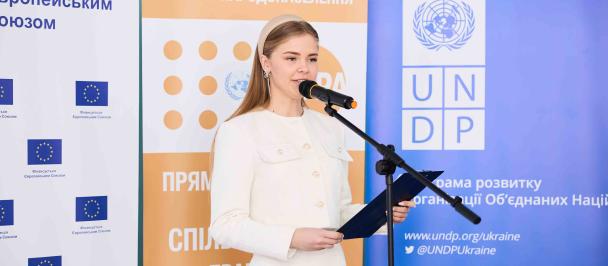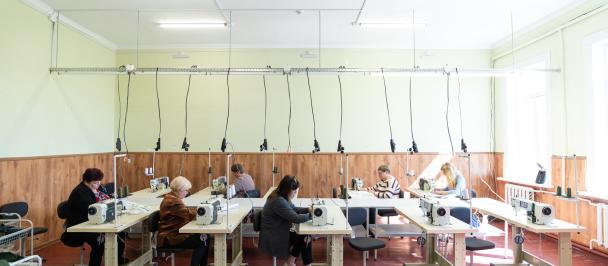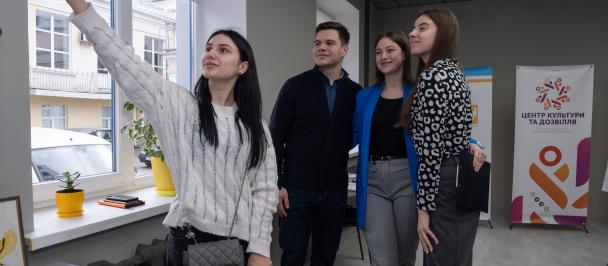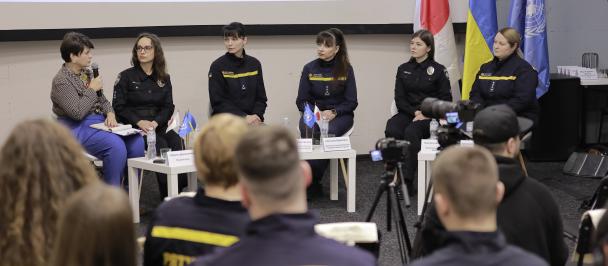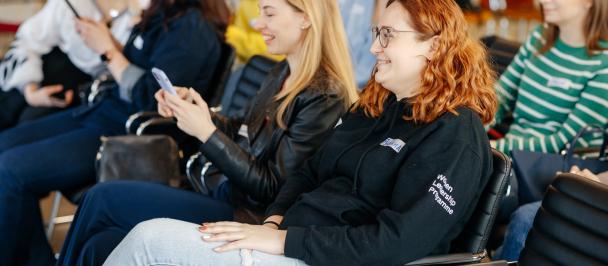Illustration by Oleksandr Grekhov. Series of illustrations created for the special project jointly with The Ukrainian outlet to promote the stories of Ukrainian women politicians from Ukrainian communities
The political participation workshop for women, “I Am a Councillor”, is only one of a wealth of activities being implemented by UNDP Ukraine between August 2020 - October 2021. The workshop is part of the Strengthening the Role of Women in Politics and Local Decision-Making project, which received financial support from the Government of Norway.
Although the training is over, we stay in touch with the participants. Today we want to share the stories of ten exciting leaders. In partnership with the Women are 50% of Ukraine’s Success project, a series of interviews with local council members was held to get to know and explore the life principles of women who are transforming Ukrainian communities.
We talked to women local leaders not only about the origins and development of their political careers, but also about key challenges and achievements that drive them to move forward. The topics of stereotypes and prejudices about the role of women in politics was also discussed; the participants shared their experiences and stressed the importance of support from families and friends. These interviews also highlight the importance of education, the peculiarities of election campaigns and, most importantly, how to continue to pursue goals and act for the good of communities despite failures and disappointments.
Choose the material that interests you the most and get inspired for change!
Viktoria Dotsenko,
Bereznehuvate Settlement Council member, Mykolaiv Oblast
“Colleagues call me an unquenchable optimist, because I am always positive. We the farmers know that sometimes things turn bad. We are in a risky agriculture area; there may be a crop failure for three years, but this does not mean that I will leave everything and stop sowing. We must continue to do our job, create conditions, minimize the negative. And for the fourth, fifth year of such systematic work, I will reap a wonderful harvest. I also offer this advice to the community: it's okay that we are not getting anything for a while. The main thing is not to stop sowing, and then we will definitely reap our harvest.”
Read more: Viktoria Dotsenko: “I can’t stand it when ignorant people rule” (in Ukrainian)
Liudmiya Pohribna,
Council Secretary, Muzykivka ATC, Kherson Oblast
“I have a lot of support from my husband and my parents. The whole family does my job as a councillor and a secretary with me. Once we have a Peace Corps volunteer come to us to teach our youth English. I settled her with my grandparents, who are 80 years old. Grandma never studied English, and Ashley didn’t speak Ukrainian, but Grandma said, “Don’t worry.” And they found a common language perfectly. Our community is kind of a family: if I need help, everyone is here for me.”
Read more: Liudmiya Pohribna: “We have one political party — that’s Muzykivka” (in Ukrainian)
Paraskeva Dzhumaniyazova,
Nova Kakhovka City Council member
“Working with constituents, Council commissions, sessions… All this takes time. And women are ready for that. But often, their partners disagree. It is difficult for men to come to terms with the fact that a woman is not at home, that she is not doing some “women's work,” because she allocates the time that she can devote to the household duties to the constituents or problems of the community.”
Read more: Paraskeva Dzhumaniyazova: “I would never believe it if I was told that I would go into politics” (in Ukrainian)
Yuliia Havryliuk,
Head of Batkivshchyna Party branch, Nova Kakhovka,
Kakhovka District council member; private entrepreneur
“The toughest lesson for me was that men who compete with you start not even with humiliation, but with the devaluation of your experience, asking: "What can you do?" As if a woman is always to blame. You did something — you are guilty. You did nothing — you are still guilty. You seem to be put in a corner where you have to make excuses. At the same time, you see completely different approaches in their attitude to other men: he just tried — and he’s good. You are something different. You need to constantly prove that you can do something too, that you are worth it… And so it is important not to let yourself be put in this corner.”
Read more: Yuliia Havryliuk: “They did not accept me until I started speaking the ‘male’ language” (in Ukrainian)
Iryna Bulhak,
Skadovsk City Council member
“I see that when a woman starts to take the lead, she is treated with prejudice. You can often hear from men: "We have already decided. Oh, didn’t we tell you?” But, you know, this happens not only in politics. Fortunately, there are many men around me who treat women as equals. Therefore, when in a situation where I have to make a difficult decision on the merits, they suddenly call me ‘honey’ or something like that. I don’t accept it.”
Read more: Iryna Bulhak: “It is insulting when they say that women are included in the party list just because of a quota” (in Ukrainian)
Olha Andrieieva,
Uzhnoukrainsk City Council member, Mykolaiv Oblast;
nuclear power plant engineer, head of ACMH (condominium)
“I realized that one soldier does not make a battle, so I gathered a team. I became the chair of a condominium. However, local authorities did not need it. We were sabotaged. First, the elevators in the house were turned off. We live in a 14-storey building, just think of it! In addition, we have a person with a disability who simply cannot leave her apartment. I thought, people would execute me for setting up this condo. But they trusted in me. We raised money, did an inspection, and restarted the elevators ourselves.”
Read more: Olha Andrieieva: “I thought people would execute me, but they trusted in me” (in Ukrainian)
Tetiana Piatnytska,
Khmelnytskyi Oblast Council member; oncologist
"I am the only doctor in my party, so I want to help everyone. But, of course, I want to make changes in the area of healthcare. We have lost the preventive level of medicine. Previously, there were many programmes where specialized doctors went to the villages, provided free consultations, screenings. Now I see an increase in cancer prevalence, precisely because there are no programmes for the early detection of the disease. I would like to correct this and return to previous practices so that the screening programmes still work and reach small communities.”
Read more: Tetiana Piatnytska: “Gender quota played in my favour" (in Ukrainian)
Nataliia Shityv,
Yasinia ATC member, Zakarpattia Oblast; entrepreneur in tourism
“I will not sit idle but [instead] will write a resignation letter and leave the mandate if I cannot change my ATC. Because it is unfair when some entrepreneurs are robbed blind, while others can cook the books just because the latter are ex-councillors or officials, or somebody’s family members or friends. If we want a good town for ourselves and our children, we need money for it, and we have to pay taxes to the budget. Everyone should play by the same rules.”
Read more: Nataliia Shityv: “If the authorities don’t help, you need to become the authority yourself” (in Ukrainian)
Vira Hlushko,
Irshava City Council member, Zakarpattia Oblast; teacher
“In the City Council, all my interlocutors talk about money and lack of money, and I constantly ask when we will talk about socioeconomic development. There’s no money available? Well, there is; we can win it. I know that there are many grant and investment programmes, technical support — all kinds of opportunities — but you have to learn to write projects, want change, and work a lot.”
Read more: Vira Hlushko: “There is always money for change, but we must make an effort to get it” (in Ukrainian)
Svitlana Fedorchuk,
Slavuta City Council Secretary, Khmelnytskyi Oblast
“For some reason, most of our victories are often considered to be the merits of community leaders or the executive committee. And they completely forget that the councillors are also a powerful force, and that we do a lot. But first, the councillors themselves should realize that they are strong only when they unite and when their priority is the community rather than their own ambitions.”
Read more: Svitlana Fedorchuk: “I want people to understand the value of councillors’ work” (in Ukrainian)

 Locations
Locations